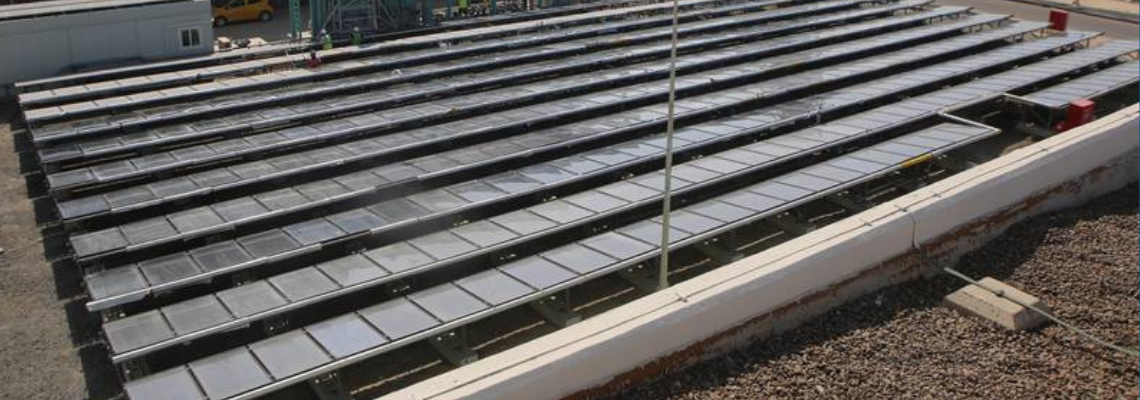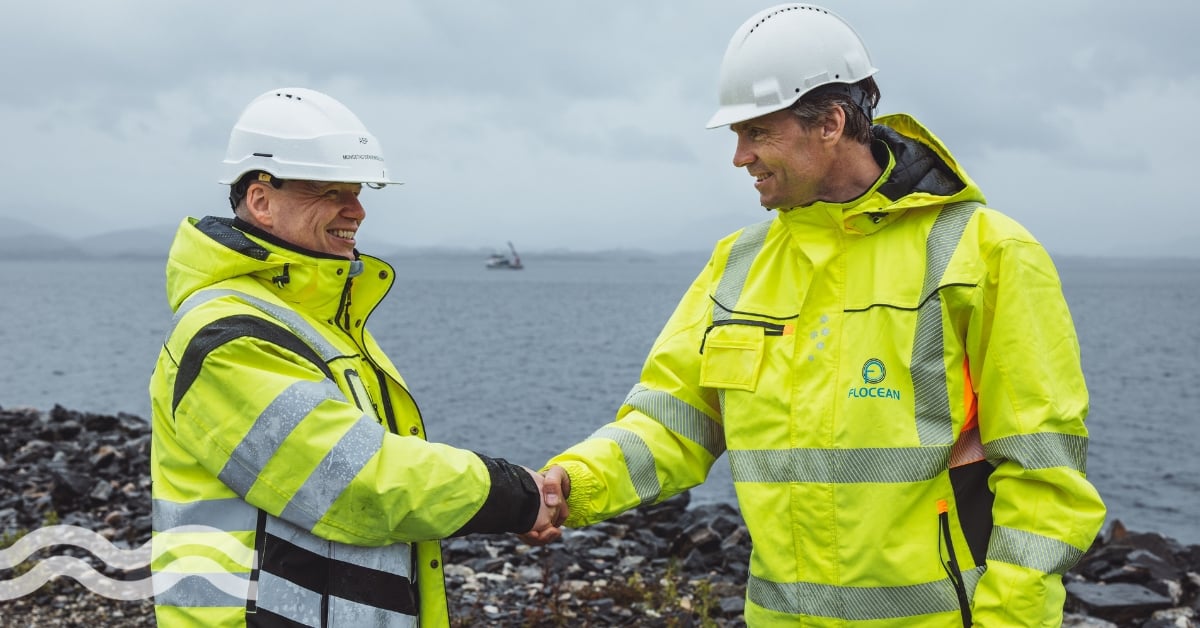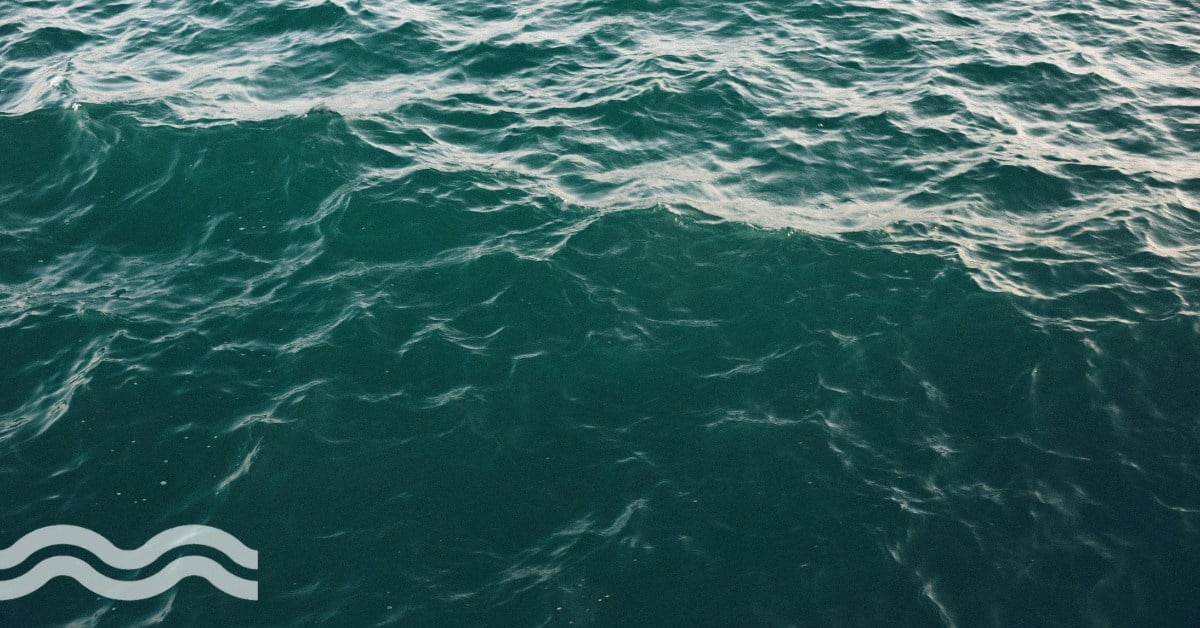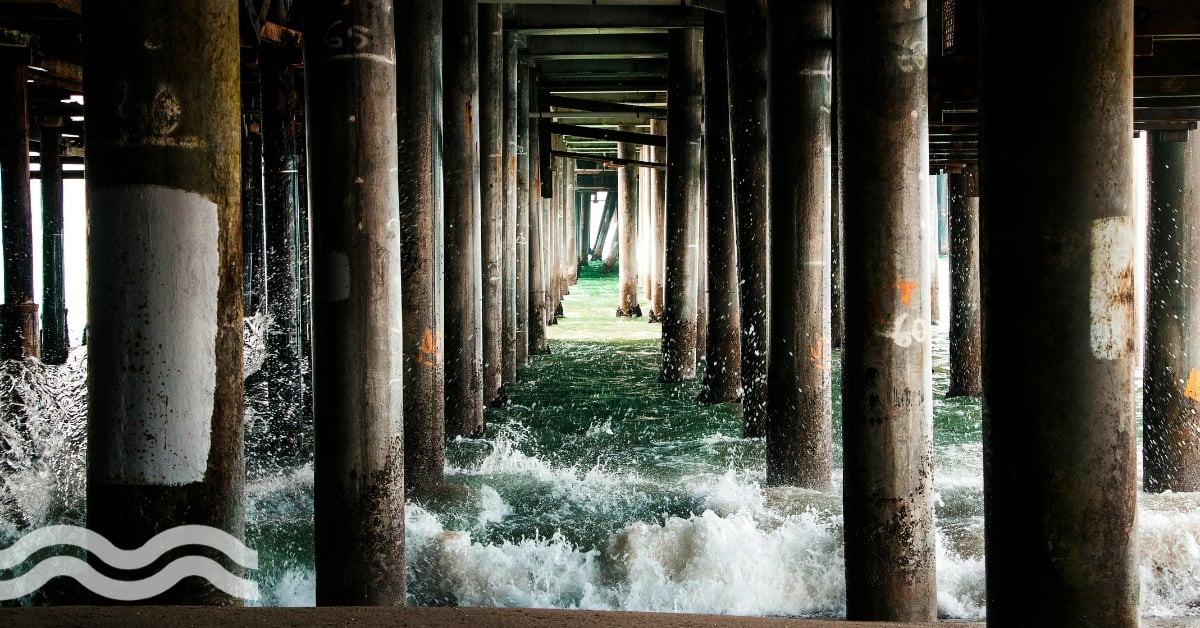Dutch-Dubai partnership to build carbon-neutral desalination system

Dutch start-up Desolenator BV has signed an agreement with the Dubai Electricity and Water Authority (DEWA) to design and build a carbon-neutral water purification and desalination system powered by solar energy.
Mission to change the face of desalination
Dutch start-up Desolenator BV has signed an agreement with the Dubai Electricity and Water Authority (DEWA) to design and build a carbon-neutral water purification and desalination system powered by solar energy.
The new system, powered by Desolenator BV's technology, will produce potable water at less than $0.02 per litre, the Dubai utility said.
Saeed Al Tayer, managing director and chief executive of DEWA, said: “We are working to make Dubai a global model for clean energy and green economy by adopting the technologies of the Fourth Industrial Revolution and disruptive technologies."
DEWA has already installed a pilot system at the Jebel Ali power plant and desalination complex, and currently has a minimum production capacity of 1,000 litres per day.
“To address the global water and climate crisis, we need new forms of collaboration between innovators and organisations.”
The collaboration with Desolenator BV is part of the Dubai Future Accelerators programme, an initiative under the Dubai Future Foundation.
William Janssen, chief executive of Desolenator BV, speaking on the deal, said: "To address the global water and climate crisis, we need new forms of collaboration between innovators and organisations."
UAE dependence on desal
The United Arab Emirates (UAE) is a country heavily dependent on desalination to meet its water needs.
According to the UAE government, 42 per cent of the UAE's potable water comes from about 70 major desalination plants. These account for about 14 per cent of the world's total production of desalinated water.
The Jebel Ali power station is one of the major desalination centres in the country, others include the Shuweihat S2 power and water plant in Abu Dhabi, the F2 plant in Fujairah and, more recently, the $797 million Naqa’a plant in Umm Al Quwain.
In 2017, the UAE launched the Water Security Strategy 2036 which aims to reduce the total demand for water resources by 21 per cent while increasing the reuse of treated water to 95 per cent.
Another part of the future water strategy is to develop a storage capacity for more than 45 days in extreme emergencies.
Going green at all costs
Currently, DEWA's production capacity of desalinated water is 490 million imperial gallons per day.
The utility has set a target for 100 per cent of Dubai’s production of desalinated water to come from a mixture of clean energy — which combines renewable energy sources and waste heat — by 2030.
More recently, deep tech UAE start-up, Manhat has developed a solar water distillation technology that it is combining with floating farms to tackle water and food scarcity in the Middle East and North Africa (MENA) region.
The distillation technology can produce usable water by trapping the lost evaporated water from the ocean.
Back in 2021 the UAE announced plans for significant investment in Reverse Osmosis (RO) desalination capacity, with the Emirates Water and Electricity Company (EWEC) aiming to halve the carbon footprint associated with its water and power generation by 2025.


